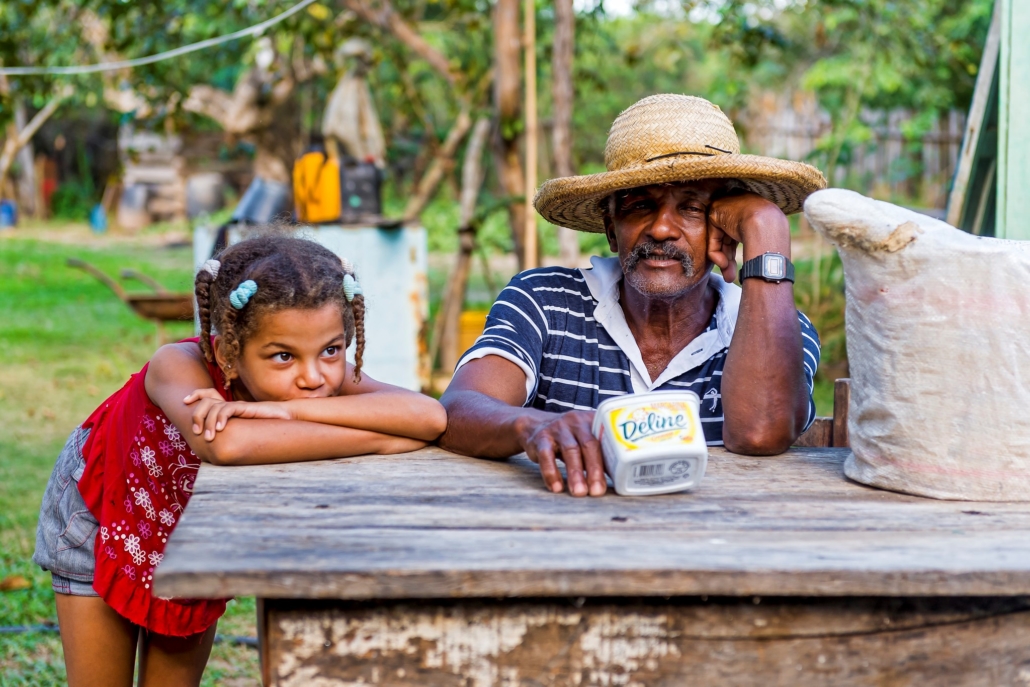Health and Human Development in Brazil

Although Brazil made gains in public health, poverty reduction and human capital over the years, COVID-19 has sent the country backward. As of December 23, 2021, Brazil ranked third in the world for COVID-19 cases after the United States and India. It had more than 22 million cases and more than 620,000 deaths. The inspiring NGO the Dara Institute has committed to supporting vulnerable Brazilians since 1991 and continues to do so even amid COVID-19. Here is some information about how the Dara Institute is promoting health and human development in Brazil.
The Consequences of COVID-19 on Education and Poverty in Brazil
Due to COVID-19, Brazil had one of the longest public school closures of any Latin American or Caribbean country, consequently increasing learning poverty rates from 48% to 70% and disproportionately impacting the impoverished in comparison to other socioeconomic groups. In essence, this means that the impact of the pandemic may “reverse a decade-long steady improvement in the Human Capital Index.”
The level of extreme poverty in Brazil rose from 6.1% in 2019 to 9.6% in 2021 as a consequence of pandemic-induced job losses, reduced working hours and salary cuts. However, the Dara Institute is working to reverse these trends by fighting poverty and promoting health and human development in Brazil.
The Dara Institute
The Dara Institute is a nonprofit organization that began in 1991 and has headquarters in Rio de Janeiro, Brazil. The Institute provides direct aid to vulnerable households while disseminating information about health and income-creating opportunities as well as working to influence public policy and mobilizing society to take action. Through an integrated approach to combating poverty, the NGO aims to “promote health and human development” among the country’s most destitute citizens.
Dara Institute’s leaders believe that poverty has many aspects and that helping at-risk families is only possible when humanitarian organizations provide support that addresses the many areas of life — “health, housing, income, citizenship and education” — simultaneously. This inclusive methodology in the form of the PAF – Family Action Plan ensures that Dara Institute follows a holistic approach in assisting citizens. The work of Dara contributes to the 17 Sustainable Development Goals (SDGs), including ending global poverty.
The Family Action Plan
Founded in 1991 by Dr. Vera Cordeiro from Lagoa Hospital in Rio de Janeiro, Dara Institute’s team aimed to develop a social technology based on the specific needs of each family — the Family Action Plan. Through the plan, needy Brazilians are given ideas for income generation and help with housing along with assistance in remaining healthy through the pandemic and keeping children in school.
Dara Institute’s medical team helps families by referring members for treatment as well as making sure children’s immunizations are up-to-date. The organization also donates medical equipment and medicines that the Unified Health System in Brazil does not provide. With food shortages and job losses expanding exponentially during the pandemic, the Institute provides a monthly food voucher to help lower-income families bridge the gap between their earnings and their needs.
Dara’s Impact
Through a network of partnerships and more than 1,600 volunteers, the NGO has impacted the lives of more than 75,000 vulnerable people, thereby promoting health and human development in Brazil. Finding strength in numbers, families that receive support from the Institute’s programs opted to create their own community support groups. Many of Dara’s partner organizations offer professional training to those in the Family Action Plan program. Furthermore, volunteers have taken the Institute’s social technology to four continents to assist thousands of people in other countries. Because of its success in fighting poverty and enhancing family health, in 2018, NGO Advisor ranked Dara Institute 18th out of “500 top NGOs in the world.” Today, Dara Institute continues to fight against poverty, disease and the devastation of the pandemic by promoting health and human development in Brazil.
– Sarah Betuel
Photo: Flickr
